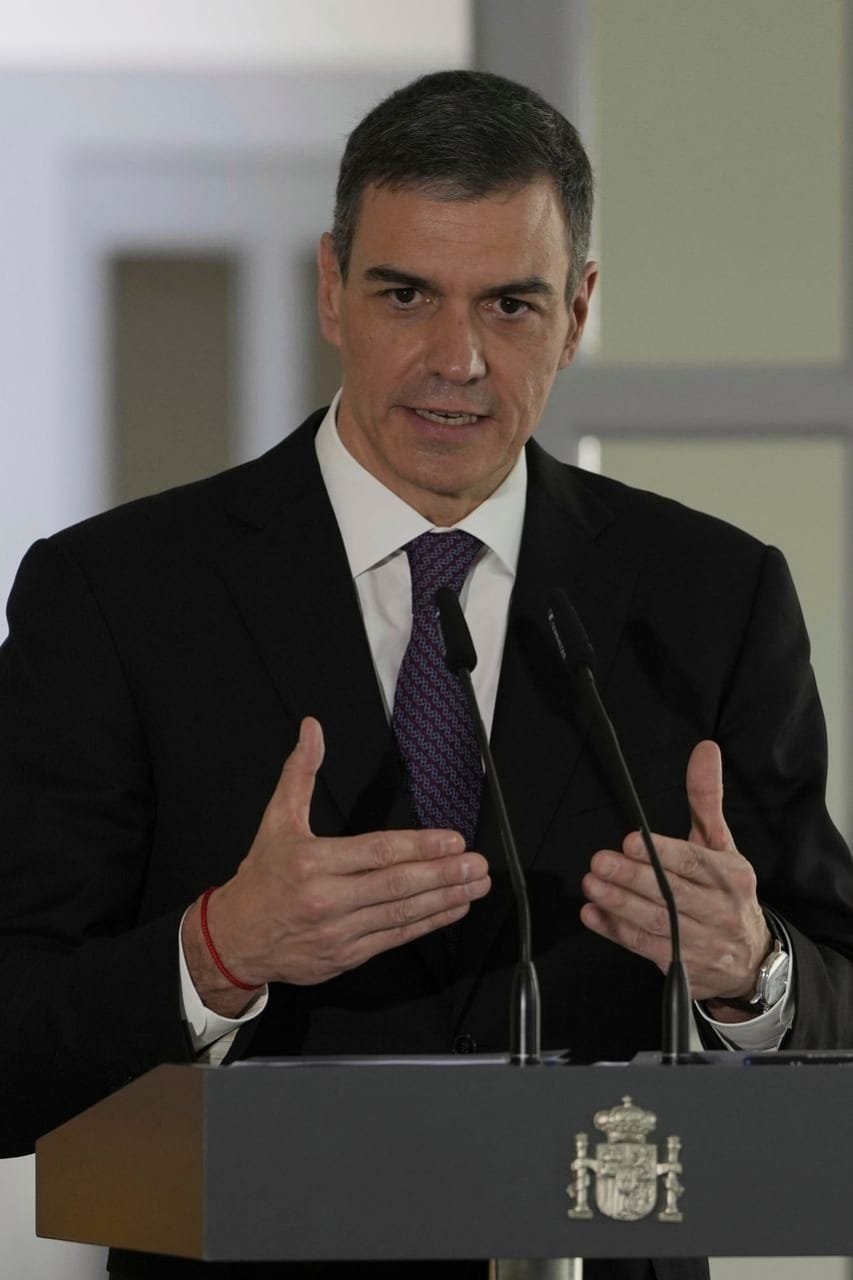Madrid (TDI): Spanish Prime Minister Pedro Sánchez has rejected a request from NATO for members to allocate 5% of their Gross Domestic Product to defense as “unreasonable” and incompatible with Spain’s home agenda.
The move, communicated in a letter to NATO Secretary General Mark Rutte on Thursday, threatens to undermine efforts at consensus-building among the 32 members of the alliance just a week ahead of a critical summit in The Hague.
The Prime Minister stressed that, while Spain is 100% committed to NATO and collective defense, defense expenditures should be fair relative to the national capacity of the individual member state.
“Spain will have to spend 2.1% of GDP on funding the estimated defense requirements of the Spanish armed forces,” he explained, adding that an absolute 5% commitment would be unrealistic and economically harmful.
Spain, the least-spending NATO member state in the previous year, now allocates less than 2% of its Gross Domestic Product to the military.
Read More: Europe Prepares to Replace US in NATO
Even though Sánchez, in April, suggested that Spain would have to spend an extra €10.5 billion on defense in 2025 to meet NATO’s current target of 2%, he strongly dismissed the suggested 5% target.
Yet, Sánchez’s letter suggested that Spain would not be taking this line of action. “Meeting a 5% target would be incompatible with our welfare state and our world vision,” he stated, further stating that such an increase would involve “cutting public services and reducing other expenditure, including towards the green transition.”
The call to raise defense spending has gathered further steam in recent times, with countries such as Poland, the Baltic states, Sweden, and the Netherlands expressing their support for the same.
A majority of America’s allies within NATO are reportedly supporting the move, which has received robust support from U.S. President Donald Trump.
Read More: Spain Hosts European, Arab Leaders to Urge Gaza Ceasefire
Spain is not the only one in its reluctance. Other countries like Belgium, Canada, and Italy can also face issues in achieving the target suggested due to financial constraints.
One such proposal by NATO Secretary General Rutte to bridge the deadlock was to arrive on Friday, as the allies try to find a consensus before President Trump’s visit.
Before the summit, Spain’s rejection of the 5% target highlights major differences in NATO regarding the best way to balance military preparedness with social and economic sustainability in an evolving world.
A passionate International Relations student with a strong interest in diplomacy, policy, and global affairs. Dedicated to contributing thoughtful analysis and research on international issues.




